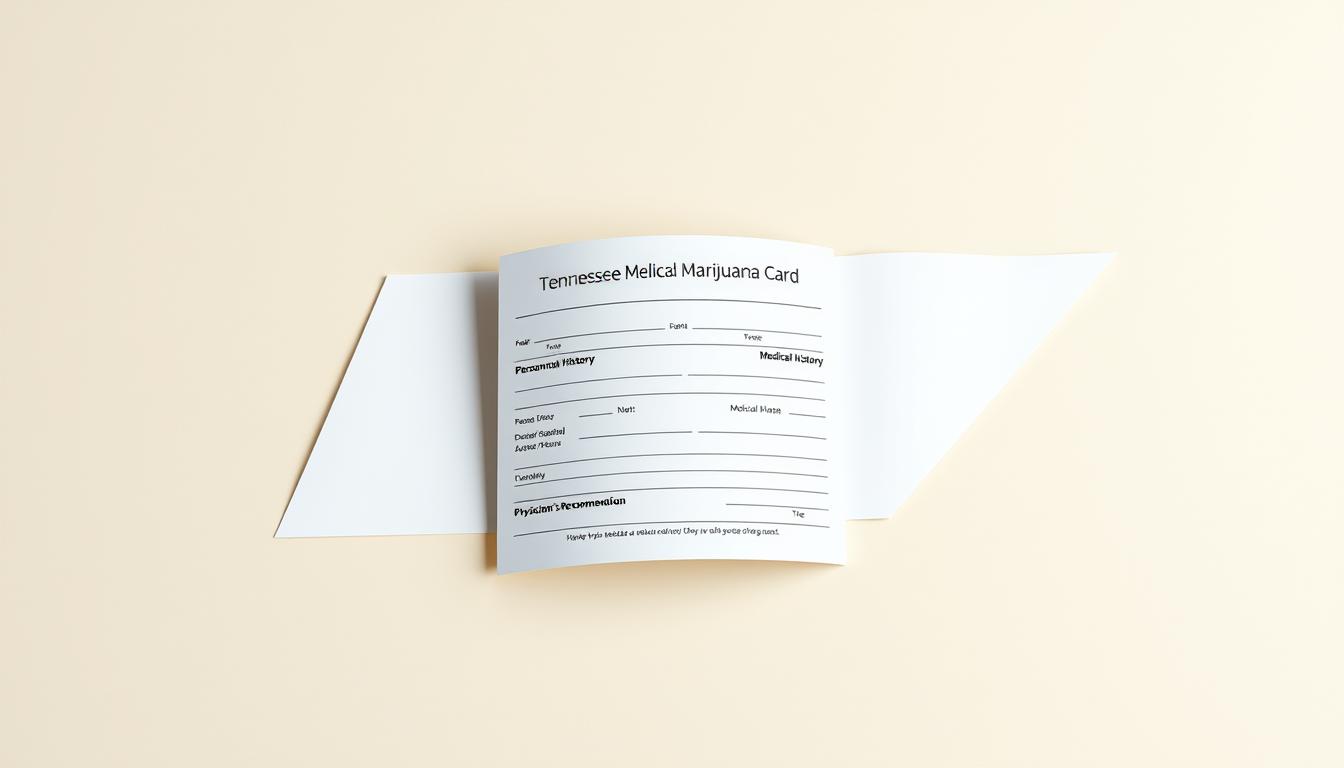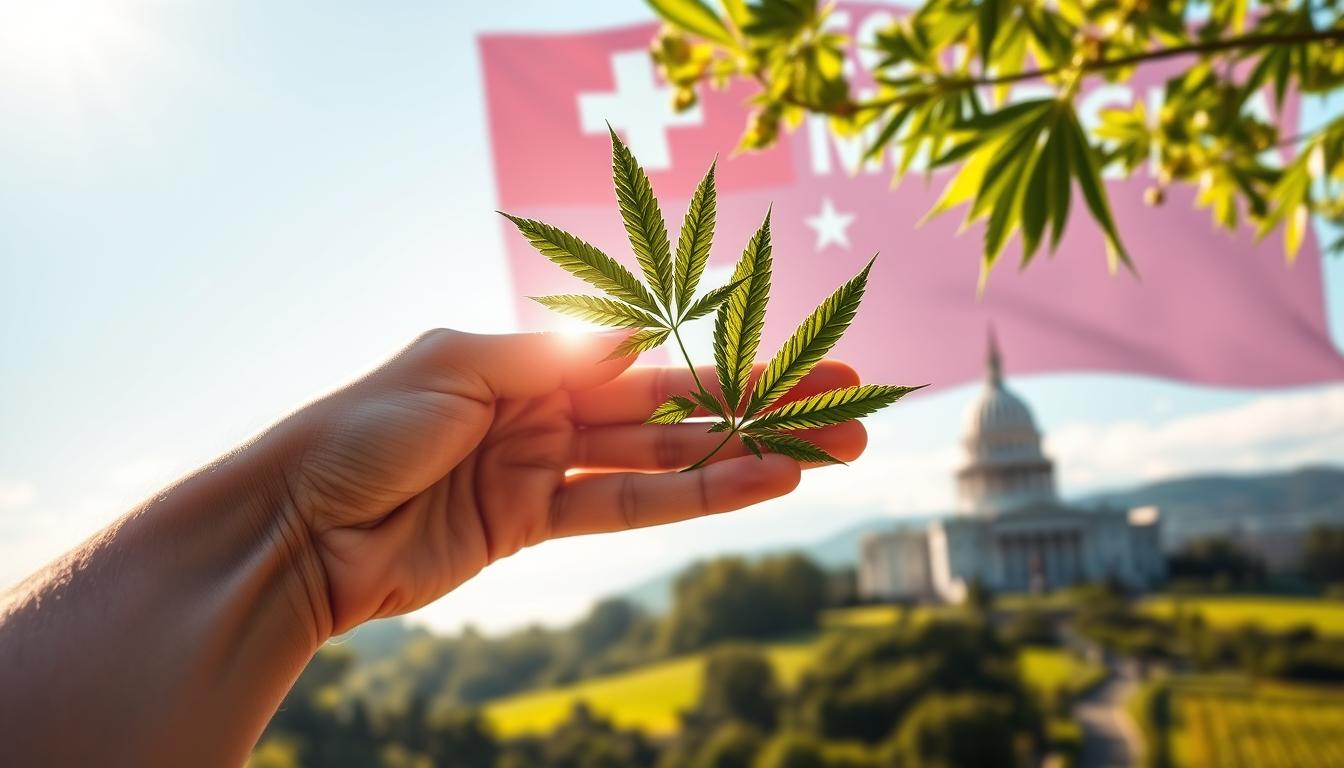Does Georgia have marijuana dispensary?. The landscape of medical cannabis in Georgia is changing. It offers new ways for patients to get treatment.
Georgia’s medical marijuana program helps patients with certain conditions. They can get low-THC cannabis oil.
The Georgia Access to Medical Cannabis Commission oversees the program. It licenses growers and dispensaries. This ensures a controlled supply chain.
Now, patients can get medical marijuana from licensed places. This is a big step for Georgia’s healthcare.
Overview of Marijuana Legislation in Georgia
Georgia’s marijuana laws have changed a lot with the start of the medical marijuana program. The state makes a clear difference between using marijuana for medical reasons and for fun.
Medical vs. Recreational Use
In Georgia, medical marijuana is allowed for some health issues. Medical marijuana is strictly regulated. Patients need to be registered to get cannabis oil. But, using marijuana for fun is not allowed in the state.
The line between medical and recreational use is key. It shows Georgia’s careful steps towards legalizing marijuana. The main goal is to help patients while keeping tight rules on using it for other reasons.
Key Legislative Milestones
Georgia’s path to its current marijuana laws started with the Haleigh’s Hope Act in 2015. This act allowed low-THC cannabis oil for certain medical needs. It was a big step, starting Georgia’s medical marijuana program.
- The first law was focused on severe health issues.
- Later changes added more health conditions that qualify.
- The state also set up a system for growing and selling medical cannabis.
Current State of Medical Marijuana in Georgia
Medical marijuana is available in Georgia for patients with certain conditions. The state’s program aims to help those with specific medical needs.
Qualifying Conditions for Medical Cannabis
To get medical marijuana in Georgia, patients need a qualifying condition. Qualifying conditions include cancer, multiple sclerosis, and Parkinson’s disease, among others. The state carefully selects these conditions to ensure only those who can benefit are eligible.
- Cancer
- Multiple sclerosis
- Parkinson’s disease
- Seizure disorders
Patient Registration Process
The registration process has several steps. First, patients must consult with a registered physician who can recommend medical cannabis. Then, they must register with the state’s Low THC Oil Registry, providing the needed documents and information.
- Consult with a registered physician
- Obtain a recommendation for medical cannabis
- Register with the state’s Low THC Oil Registry
After registering, patients can access medical marijuana products from licensed dispensaries. It’s important for patients to know the process and the conditions that qualify. This helps them navigate the system smoothly.
Availability of Marijuana Dispensaries
Patients in Georgia now have easier access to medical marijuana. This is thanks to more licensed dispensaries opening up. This is a big step forward for patients across the state to get the medicine they need.
The expansion of dispensaries meets the growing demand for medical marijuana. As more patients sign up for medical cannabis, having more dispensaries is key.
Number of Active Dispensaries
There are now licensed dispensaries in Georgia, giving patients access to low-THC cannabis oil. The number of dispensaries can change as the state issues new licenses and checks on existing ones.
The growth in the number of dispensaries shows Georgia’s dedication to making medical marijuana more accessible. This trend is likely to keep growing as more people need medical cannabis.
Locations of Major Dispensaries
Licensed dispensaries are spread out across Georgia. This makes it easier for patients in different areas to get medical marijuana. Major dispensaries are in big cities, making it simpler for patients to get their medicine.
- Dispensaries are located in major cities across Georgia.
- Patients can find dispensaries in urban and suburban areas.
- The locations are chosen to maximize accessibility for patients.
If you’re looking for a cannabis dispensary in Georgia, the state’s official registry and patient resources can help. They provide detailed info on licensed dispensaries and where they are.
Types of Products Offered in Dispensaries
Georgia’s medical marijuana dispensaries have a wide variety of products. These are made to help patients with different health issues.
Patients can choose from oils, tinctures, edibles, and topicals. Each product has its own benefits and uses. This helps patients find the best treatment for their condition.
Oils and Tinctures
Oils and tinctures are favorites in Georgia’s dispensaries. They are non-smokable and easy to use discreetly.
- Oils come in different strengths, so patients can pick what works best for them.
- Tinctures are taken under the tongue for quick absorption into the blood.
- Both oils and tinctures help with many issues, like pain and anxiety.
Edibles and Topicals
Georgia dispensaries also have edibles and topicals. Edibles are tasty treats with medical marijuana, making it easy for patients to take their medicine.
- Edibles come in many forms, like gummies, chocolates, and baked goods.
- Topicals are creams, balms, and salves applied to the skin for local relief.
- Both edibles and topicals give patients other ways to manage their symptoms without smoking.
With a wide range of products, Georgia dispensaries make sure patients get the treatments they need. These are tailored to each patient’s preferences and health needs.
Licensing and Regulations for Dispensaries
The Georgia Access to Medical Cannabis Commission is key in overseeing the licensing process for dispensaries. They make sure dispensaries follow state rules.
The licensing process has several steps. Prospective dispensaries must follow these:
- Application submission: Dispensaries must submit detailed applications to the Georgia Access to Medical Cannabis Commission.
- Background checks: Thorough background checks are conducted on individuals associated with the dispensary.
- Compliance with security measures: Dispensaries must implement robust security measures to prevent diversion and ensure patient safety.
State Licensing Process
The state licensing process ensures only qualified dispensaries operate in Georgia. The Georgia Access to Medical Cannabis Commission checks applicants. They look at their ability to follow state rules, including:
- Meeting specific security and operational requirements.
- Demonstrating the ability to track and trace cannabis products.
- Complying with product testing and labeling requirements.
Compliance and Oversight
Compliance and oversight are vital in Georgia’s dispensary regulations. The Georgia Access to Medical Cannabis Commission does regular checks. They make sure dispensaries follow state rules.
Some key compliance points include:
- Maintaining accurate records of product inventory and sales.
- Implementing effective security measures to prevent diversion.
- Ensuring that products are tested and labeled as required.
Dispensaries not following these rules could face penalties. This includes fines or losing their license. So, it’s important for dispensaries to stay on top of Georgia’s cannabis regulations.
Economic Impact of Marijuana Dispensaries
Marijuana dispensaries in Georgia are bringing in new economic activity. The cannabis industry is growing fast. It’s now a big part of the state’s economy.
These dispensaries are making a big difference in jobs and money. They’re not just hiring people. They’re also making a lot of money for the state.
Job Creation and Employment Opportunities
Marijuana dispensaries are creating jobs in many areas. This includes growing, making products, selling, and more. Employment opportunities are popping up in:
- Cultivation and harvesting
- Product manufacturing and processing
- Dispensary management and retail sales
- Security and compliance services
Revenue Generation for the State
The cannabis industry is also making a lot of money for the state. Revenue generation comes from:
- Licensing fees for dispensaries and cultivators
- Taxes on cannabis products
- Regulatory compliance and inspection fees
This extra money helps fund public services and improve the state’s infrastructure.
Patient Experiences in Georgia’s Dispensaries
Georgia’s medical marijuana dispensaries have changed lives for many patients. They offer relief from various symptoms. Patients find medical marijuana effective in managing their conditions.
Testimonials from Medical Marijuana Patients
Many patients in Georgia have shared their success stories. For example, a patient might say, “Medical marijuana has significantly reduced my chronic pain, allowing me to live a more normal life.” These testimonials show the positive impact of medical marijuana on patients’ lives. A report states that medical marijuana helps Georgians with pain, but affordability is a challenge for some patients.
Staff Training and Expertise
Dispensary staff in Georgia are trained to guide patients. They learn about medical marijuana’s benefits, side effects, and usage. This expertise helps staff provide personalized support, aiding patients in making informed decisions.
Staff training covers different products like oils, tinctures, edibles, and topicals. This knowledge lets them suggest the best products for patients based on their needs.
Community Responses to Dispensaries
Georgia’s dispensary landscape has seen mixed reactions from local communities. This shows how complex the issue is.
Medical marijuana dispensaries have caused both support and opposition. Some communities see them as a plus, while others have concerns.
Support from Local Organizations
Many local groups support dispensaries. They believe medical marijuana can help patients. They say it’s important to offer alternative treatments for those with certain conditions.
Advocacy groups help share the good sides of dispensaries. They work with dispensary staff to teach the public about medical cannabis benefits.
Opposition and Concerns
But, some people and groups worry about dispensaries’ impact. They fear more crime and the stigma of marijuana.
Local government officials are trying to find a balance. They aim to meet patients’ needs while addressing community worries.
The varied opinions highlight the need for ongoing talks. Dispensary operators, local authorities, and community members must work together. This will help create a supportive space for patients.
Future Projections for Marijuana Dispensaries in Georgia
Georgia’s cannabis industry is on the verge of a new chapter. Future projections suggest changes in laws and more market opportunities. As the state’s medical marijuana program grows, everyone is waiting for updates that could change the dispensary scene.
Expected Changes in Legislation
Legislation changes are a big focus for the future. Updates to the current laws might let more patients use medical cannabis. For the latest on Georgia’s medical cannabis program, check out MMJ.com.
There’s also a chance that cannabis could be rescheduled or reclassified under state or federal law. This could lead to more research and wider acceptance of cannabis.
- Potential expansion of qualifying conditions for medical marijuana
- Possible rescheduling or reclassification of cannabis
- Increased regulatory clarity for dispensaries
Potential Growth of the Market
The medical marijuana market in Georgia is expected to grow. As laws change, more patients will want cannabis, and new dispensaries will open. Market analysts say this will make the market more competitive, with dispensaries focusing on quality, service, and price.
This growth could also boost the state’s economy. It could lead to more tax money and jobs. As the industry grows, we’ll likely see new cannabis products and services, making things better for patients.
- Increased demand for medical marijuana products
- Entry of new dispensaries into the market
- Potential for increased tax revenue for the state
Comparisons with Other States’ Dispensaries
Georgia’s marijuana dispensary scene is growing. Looking at other states’ experiences can help us learn. We can find best practices and areas to get better.
California and Colorado have lots of experience with legal marijuana. They offer lessons for Georgia. A report by CNN shows how Georgia’s medical marijuana is growing. But it also points out how different it is from other states.
Lessons from States with Fully Legal Marijuana
States with legal marijuana show that good rules are essential. Oregon learned about too much supply and changed its rules. Georgia can learn from this as it starts its medical marijuana program.
One big lesson is a strong licensing process. Washington state checks backgrounds and makes sure dispensaries follow the law.
Best Practices for Dispensary Operations
Good dispensaries focus on staff training and customer education. Nevada’s dispensaries train staff well. This helps customers get the best advice.
Also, having many products and high-quality standards is key. This builds trust and loyalty with customers. By following these best practices, Georgia’s dispensaries can make patients happier. This will help the medical marijuana program grow.
Challenges Facing Marijuana Dispensaries in Georgia
Despite the growth of the cannabis industry, marijuana dispensaries in Georgia face many hurdles. These issues affect their operations and success. They range from financial problems to how the public views them.
Banking and Financial Issues
One big challenge is banking and financial services. Marijuana is seen as a Schedule I substance at the federal level. This makes many banks wary of working with cannabis businesses.
- Dispensaries find it hard to get banking services. This makes managing money and paying taxes tough.
- Without credit card options, many dispensaries have to deal only in cash. This can be risky.
- Handling money through unofficial channels raises the risk of financial crimes.
Stigma and Public Perception
Dispensaries also deal with stigma and negative views from the public. Even though more people accept cannabis for medical use, there’s a lot of stigma left.
- Getting a location can be hard because of local opposition. Some areas don’t want cannabis businesses.
- Wrong beliefs about cannabis can lead to bad publicity and more rules.
- It’s important to teach people about the good and safe use of medical marijuana to fight stigma.
Understanding these challenges helps us create a better environment for marijuana dispensaries in Georgia. This will help patients and the community.
Resources for Patients and Interested Consumers
Patients and consumers looking into medical marijuana in Georgia have many resources. These help them make smart choices. Educational materials are key to understanding medical cannabis benefits and use.
Understanding Medical Marijuana
Reputable sources like the Georgia Department of Public Health offer educational materials. They cover qualifying conditions, patient registration, and safe use. This information is vital for patients.
Locating Licensed Dispensaries
Finding approved dispensaries in Georgia is easy. The Georgia Access to Medical Cannabis Commission website lists them. This way, patients get quality, tested products from trusted providers.
With these resources, patients and consumers can confidently explore Georgia’s medical marijuana scene. They can make informed decisions about their health.


